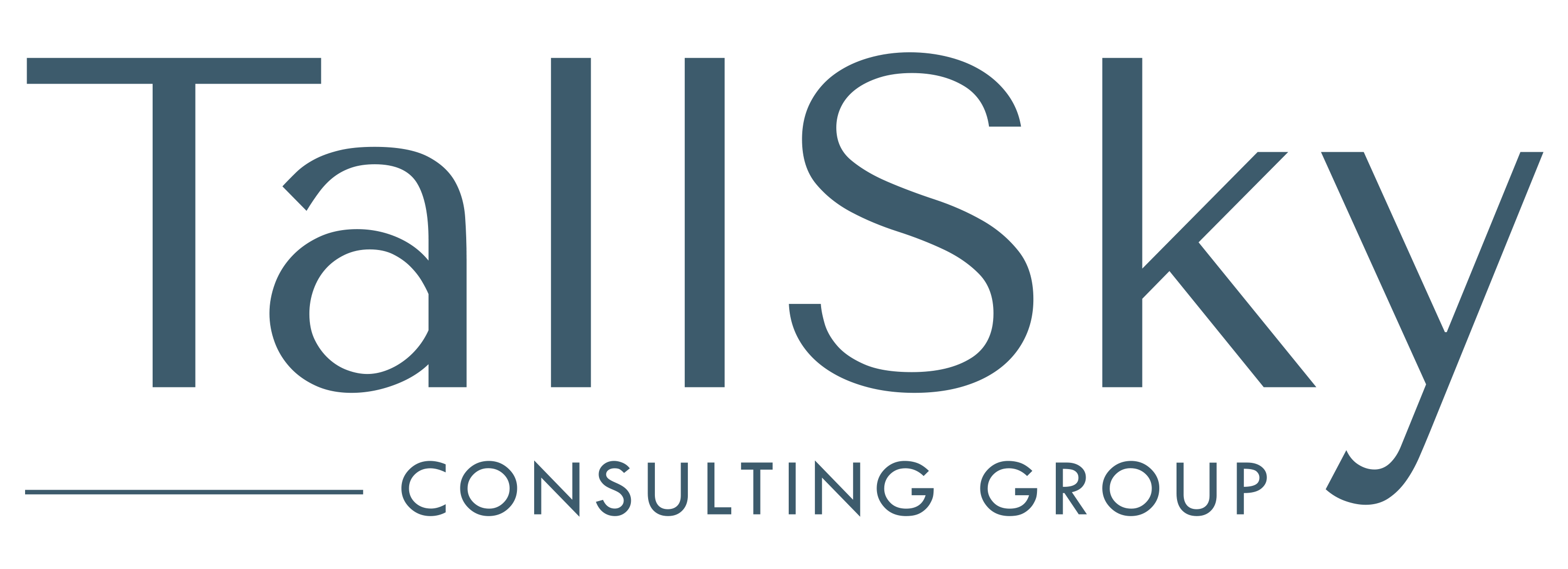
The compensation landscape has undergone significant transformation in recent years, shaped by economic uncertainty, evolving workplace values, and changing regulatory frameworks. In the wake of the pandemic, the labor market saw rapid shifts, first marked by a talent shortage that drove wages upward, then by inflation and rising costs of living that have raised employee expectations around pay.
Today, with pay transparency, organizations need to re-evaluating their compensation strategies. Many employees continue to advocate for higher wages to keep pace with economic pressures, while also placing greater importance on benefits, professional development, flexibility, work-life balance, and overall job satisfaction. At the same time, employers are managing tighter budgets with rising operational costs while aiming to remain competitive and sustainable. Striking the right balance requires thoughtful, data-informed planning. One of the most effective ways to support this balance is through market benchmarking.
A benchmarking approach provides clear, objective views regarding how compensation compares to similar roles in the same industry or region. By analyzing current data on job roles, responsibilities, organizational size, and geographic location, employers can establish pay structures that are fair, competitive, and aligned with both business goals and employee expectations. Employees will understand how their pay is determined and how they can increase their compensation.
This kind of insight is increasingly important. Regulatory updates, such as increases to minimum wage, expanded paid leave, and emerging pay transparency legislation, are redefining baseline expectations and adding new layers of complexity. These changes don’t just affect entry-level roles; they ripple across entire compensation structures, creating pressure to maintain both internal equity and external competitiveness.
At the same time, employees are thinking about compensation more holistically. While base salary remains important, it’s no longer the only factor. People are paying closer attention to the total rewards package, including benefits, RRSP, bonus, wellness, career development opportunities, and workplace flexibility. Organizations that view benchmarking as one part of a broader compensation strategy are better equipped to meet these evolving expectations.
Ultimately, compensation reviews aren’t just about setting pay, it’s about making informed, intentional decisions in a complex and shifting environment. It helps organizations avoid reactive, short-term fixes and instead builds compensation strategies supporting long-term engagement, improved performance, equity and market competitiveness.
If your organization is considering a compensation review or looking to understand how your pay structures compare in today’s market, we offer these services and look forward to helping support informed, balanced, and future-ready decisions.
